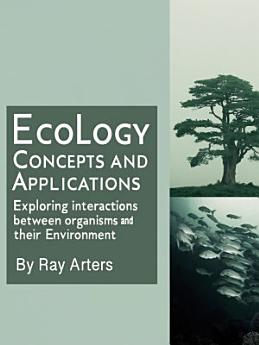Ecology: Concepts and Applications – Exploring Interactions between Organisms and Their Environment
About this ebook
The foundations of ecological thinking can be traced to early naturalists who observed patterns in nature and began to question why certain species occurred in particular places and how they interacted with their surroundings. Alexander von Humboldt's pioneering work in the early 19th century established the conceptual framework for understanding how climate, geography, and biological factors combine to create distinct patterns of life across the globe. His observations of how species composition changed with elevation in tropical mountains laid the groundwork for understanding ecological gradients and the environmental factors that control species distributions.
The term "ecology" itself was coined by German biologist Ernst Haeckel in 1866, derived from the Greek words "oikos" meaning house or dwelling place, and "logos" meaning study. Haeckel envisioned ecology as the comprehensive science of the organism's relationship to the environment, including all conditions of existence. This broad definition encompasses everything from the molecular mechanisms by which organisms respond to environmental stress to the global patterns of energy flow and nutrient cycling that sustain life on Earth.








